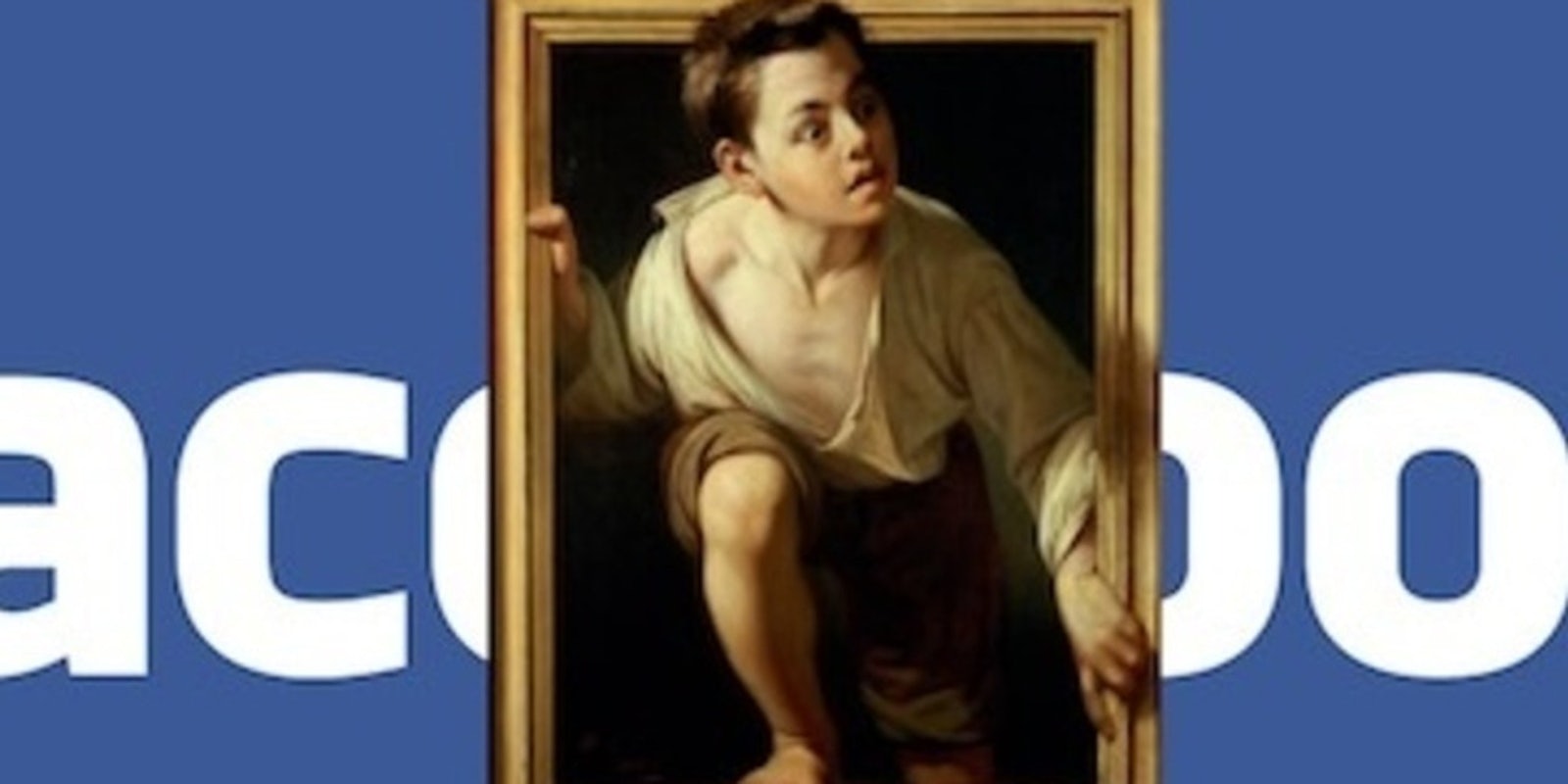BY BEN RICHMOND
It’s easy to forget that Facebook is totally optional. We all complain at every slight change to the site, but remember that we’re all only prisoners to the degree that we allow ourselves to be. If you try to quit, it will show you pictures of your friends and ask if you’re really sure that you want to disown them—as if that’s what you’re doing—but Facebook will eventually release you at your request.
With our social lives and social networks so intertwined, quitting can seem daunting, if not impossible. But there are people out there who kicked the habit; a new study in Cyberpsychology, Behavior, and Social Networking set out to see just who these people are. Who is taking socializing off the network?
Researchers in Vienna, Austria, tracked down over 300 ex-Facebook users and had them answer surveys, both on themselves and on why they left the world’s largest social network. The quitters were more often male and usually older, on average about 31 years old—which is about the age of people who graduated from undergrad in 2004, the very year Facebook was founded. In other words, they’re the last people to have gone through college without it.
The team found that “compared to Facebook users, quitters had higher general concerns about privacy, higher Internet addiction scores, and higher conscientiousness,” according to the results of three tests—one for personality, one for privacy awareness, and one for internet addiction.
So Facebook quitters are worried about privacy despite being addicted to the internet, and come with a dose of conscientiousness. Does it add up? Internet addiction seems like a reason to stay on Facebook, and you could make a case that being conscientious involves being available for people, therefore another reason to stay. That only leaves one thing to drive these dudes away.
Quitters’ “reasons for quitting Facebook were mainly privacy concerns (48.3 percent), followed by a general dissatisfaction with Facebook (13.5 percent), negative aspects of online friends (12.6 percent), and the feeling of getting addicted to Facebook (6.0 percent; other/unspecific, 19.6 percent),” stated the report. The study also speculates that being conscientious and addicted to the internet might be a reason to cut Facebook out of your diet—if you know that you’re addicted but don’t want to be.
Read the full story on Motherboard. Photos via Wikimedia Commons and mynetx/Flickr


